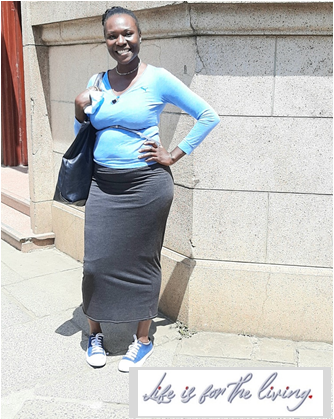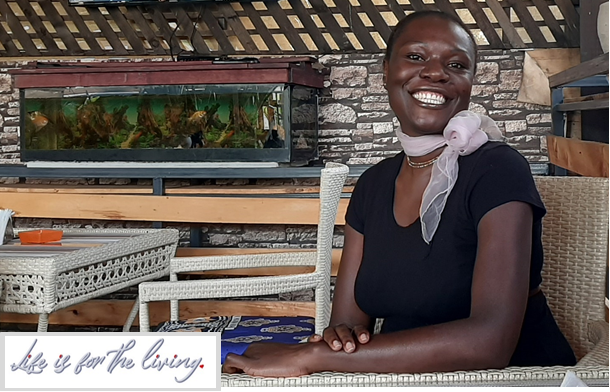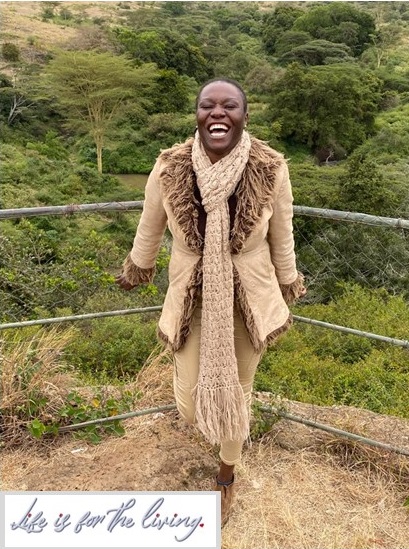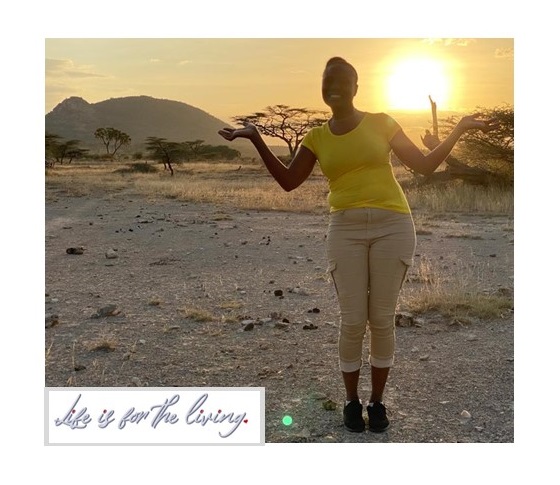
It is very easy to fall into the trap of learning—and more learning—without practicing what we have learned.
Everything we learn goes to waste when we do not practice what we learn.
At some point in life, we have to take all the knowledge learned over the years and put it into practice, to be able to pursue our big dreams. To do this, you need to get in to three strategic positions.
READY
Get ready to practice what you learn by identifying what you want to accomplish, and get to know the process involved, as well as the resources you need.
SET
Get set by setting goals and breaking them down into attainable daily, weekly, monthly, and yearly tasks.
GO
Go for your big dreams by rolling out your goals. Use what you have to get what you want. Be confident, and don’t have any fears of making mistakes along the way, because they are the means of acquiring new skills and experience.
The surest way of getting better at what we do is to practice what we learn.
Much love and all the best!








